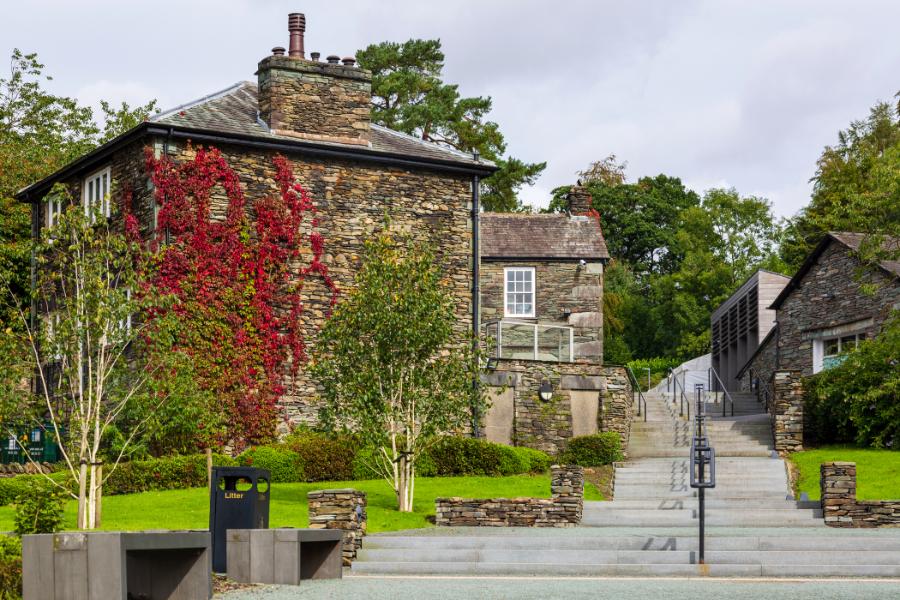Short course - Collaborative Practices in Land Management
This course will cover the key aspects of collaborative management of land where multiple outcomes are sought including nature recovery, livestock production, landscape, archaeology, access and natural flood management. It is an applied and practical course focusing on recent examples of collaborative land management, allowing participants to practice tools and understand the underpinning legal documents that enable collaborative management. There will be a particular focus on landscape recovery schemes, farmer clusters and common land.
The course has an applied focus and is designed for upland farmers, land managers and advisors. It can be studied separately or as part of our set of Upland Environmental Land Management short courses. Small group taught sessions will take place online, at our Ambleside campus and at upland locations in Cumbria.
To receive an email alert when we next offer this course in the future, please register your email address here
We are delighted to be able to offer 12 fully funded bursary places for this course. There are some eligibility requirements - please email Owen.Morgan@cumbria.ac.uk or call 07301 011446 for more information.
Bursaries available with the kind support of our sponsors.
-850x640.jpg)
Course Overview
This course will cover the key aspects of collaborative management of land where multiple outcomes are sought including nature recovery, livestock production, landscape, archaeology, access and natural flood management. It is an applied and practical course focusing on recent examples of collaborative land management, allowing participants to practice tools and understand the underpinning legal documents that enable collaborative management.
Sometimes collaboration is essential, such as on common land or where a Landscape Recovery scheme is being negotiated. In other instances, such as farmer clusters, working together can achieve enhanced outcomes for nature, access, climate, heritage and business. Delivering multiple outcomes involves people with different viewpoints reaching an agreement; it is a profoundly social process. This course will cover both the ‘soft skills’ such as negotiation and active listening as well as the formalities of governance and financial management.
The course includes site visits, workshops and seminars at our Ambleside campus, plus online evening lectures. This part-time course will often be possible to complete whilst working.
On this course you will...
- Develop your knowledge of collaborative practices for land management where multiple outcomes are sought.
- Develop your skills for more effective and authentic collaboration in your work, e.g. as a member of a farm cluster or commons association, provider of advisory services or manager of environmental projects.
- Learn about governing collaborative schemes and resolving conflicts.
- Encounter case studies and see the benefits of collaborative practice in action.
- Keep a reflective log and summarise the key insights for collaborative practice in your work in future.
Location
Ambleside Campus
Nestled in the Lake District National Park, a UNESCO World Heritage site, the Ambleside campus is the perfect place for world-savers, animal lovers, and adventurers. There is never a dull moment when surrounded by such natural beauty and opportunity.
Find out more
Find out more about studying with us
Attend an Open Day at Cumbria
An Open Day is your opportunity to explore one of 5 campuses, meet your lecturers, and find out how the University of Cumbria could become your new home.



-(1)-200x227.jpg)
-200x88.jpg)



